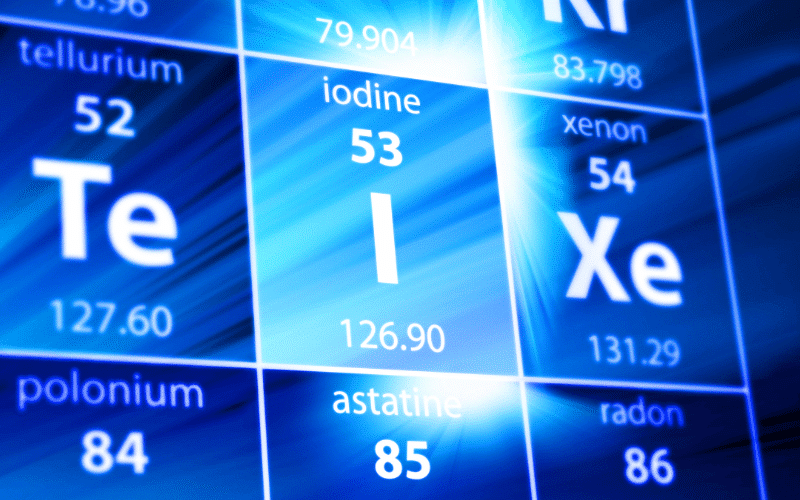Introduction: Iodine, More Than a Table Salt Component

In the context of nutrition, most people relegate iodine to a mere footnote, recognizing it as just another component of our everyday table salt. However, the implications of this small but mighty mineral extend far beyond its humble association with sodium chloride. Unbeknownst to many, iodine plays a colossal role in human health, intricately woven into the fabric of our wellbeing.
We embark on a journey of discovering and unearthing 15 seldom discussed yet paramount facts about iodine deficiency, offering a well-rounded understanding of this significant nutritional concern. Our exploration spans the breadth and depth of this issue, casting light on the fundamental roles of iodine, the consequences of its deficiency, and the global prevalence of this condition.
The impacts of iodine deficiency are both extensive and expansive, warranting urgent attention and action. Yet, a great deal of ignorance and nonchalance surrounds this issue. We aim to dispel these notions, illuminating the far-reaching effects of iodine deficiency on health and life quality.
This journey into the world of iodine deficiency isn’t a casual stroll but a deep dive into the complexities of this pervasive health issue. Armed with these insights, we hope to inspire a renewed understanding of iodine’s importance and the profound implications of its deficiency.
So, let’s delve into the 15 facts about iodine deficiency, each segment offering a detailed discussion on an aspect of this important health issue.
Fact 1. Iodine and Thyroid: The Symbiotic Relationship

Iodine isn’t merely a component of your daily multivitamin; it’s the cornerstone of thyroid function. The thyroid gland, a butterfly-shaped organ nestled in our neck, is an industrious little factory of hormones. However, to manufacture its products, it heavily relies on iodine as a raw material.
Our body is akin to a large bustling city, and thyroid hormones are like the traffic police. They control the pace and direction of various metabolic activities, essentially governing how our body utilizes energy. Every organ, every cell, and every process hinges on thyroid hormones for optimal functioning.
But without sufficient iodine, our thyroid is akin to a factory in a resource crisis. The production of thyroid hormones falters, leading to a condition known as hypothyroidism. This condition often unfolds silently, gradually slowing down metabolic processes, making individuals feel sluggish, tired, and mentally foggy.
However, iodine deficiency doesn’t just result in a sluggish metabolism. It’s the leading cause of preventable intellectual disabilities worldwide. In pregnant women, iodine deficiency can lead to miscarriages, stillbirth, and congenital abnormalities. It can stunt growth in infants and children and even cause a goiter, an abnormal enlargement of the thyroid gland, in adults.
Thus, the relationship between iodine and the thyroid gland is indeed symbiotic. This interdependence underscores iodine’s vital role in our bodies, illuminating the far-reaching implications of its deficiency. (1)